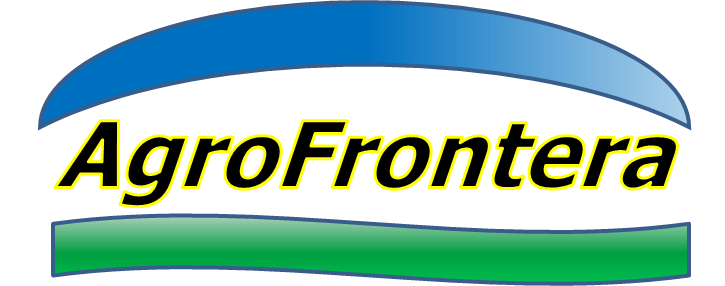The Multilateral Investment Fund, a member of the Inter-American Development Bank Group, committed US$354,500 to a partner project with AgroFrontera. The project will work with eight organizations of small-scale producers (including rice farmers, fishermen, and a women's clamming association) to improve incomes while promoting sustainable practices. All of these producer associations operate on the coast of the Monticristi province and their practices have direct impacts on the health and sustainability of the region's rich mangrove ecosystems. In addition to providing habitat for an incredible array of fish, birds, plants, crustaceans, molluscs, and marine mammals, mangroves sequester an estimated ten times more carbon than tropical forests - a phenomenon known as blue carbon. Read more at the Acento and Fomin press releases.
AgroFrontera and CODOPESCA sign a cooperative agreement to promote responsible fishing practices in Montecristi
To improve the environmental soundness and economic profitability of artisanal fishing practices, AgroFrontera and CODOPESCA signed an interinstitutional agreement. The formal agreement outlines that the institutions will work together to:
- Reduce overfishing in the fisheries – assuring that the fish stocks are managed in a way to improve the economic viability of artisanal fishing systems;
- Take into account the interests of the artisanal and subsistence fishers and fishing systems;
- Promote the conservation and the responsible use of fisheries resources – including promoting biodiversity conservation with a focus on sustainable management of marine ecosystems;
- Develop and implement programs aimed at recovering stressed populations of marine species, with a focus on the recovery of endangered species and
- Reduce the negative impacts of fishing systems on marine ecosystems through minimizing bycatch and contamination and by promoting responsible fishing practices.
The agreement between AgroFrontera and CODOPESCA also calls for specific actions that are aligned with project objectives. These actions include:
- Establishing programs that promote responsible fishing practices;
- Implement a monitoring system of fishing activities;
- Educate and orient key fishing systems stakeholders to promote the adoption of responsible fishing practices and at the same time, reducing illegal and unsustainable fishing practices;
- Developing and implementing a collaborative socioecological study that provides accurate, useful and timely information to stakeholders so that these actors can promote sustainable uses of marine ecosystems (including coral reefs, seagrass prairies and mangrove forests) with a focus on the adoption of sustainable fishing practices and
- Assist fisher groups to develop and implement strategies and programs that increase their access to credit and broaden their participation in local, national and international markets.


